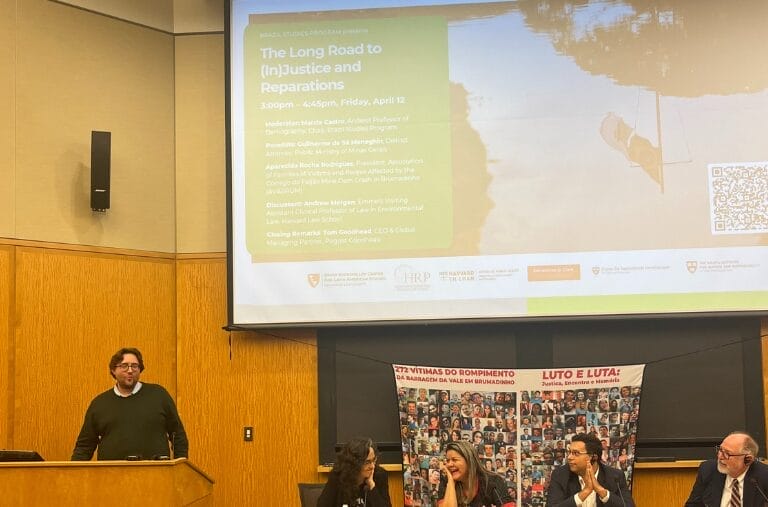Litigation is a costly procedure. Available resources can substantially impact outcomes, and smaller players are often disadvantaged against large corporations. However, the growth in litigation finance is helping to balance the scales.
By funding access to legal proceedings claiming for those unable to cover the costs, litigation finance democratises the access to justice and improves corporate accountability – thereby making a positive contribution to society.
Fighting for the underprivileged
One area where litigation finance can be a force for good is by pressuring corporations to bear the costs of the negative externalities produced by their activities, notably when not adhering to environmental, social or governance standards. This economic rebalancing increases market efficiency by reallocating costs to the party that benefited from the activity and by assigning financial consequences to the failure in adhering to ESG guidelines. Furthermore, holding corporations accountable encourages competition and fair market access, thereby bringing about broader social change.
In certain cases, litigation finance can even help level the playing field between the global North and South. In states where the government does not have the means to hold corporations to account, or where corporations can significantly influence judicial decisions, private legal channels can effectively act as ‘attorneys general’ on behalf of the public interest – upholding environmental standards, consumer protection and competition law, for example.
ESG litigation specialists, such as our firm, partner with lawyers around the world to bring class action cases against large companies operating in emerging markets. With vastly differing legal systems across the world, the success of a case can often be determined by the jurisdiction in which it is tried. While corporates usually argue for cases to be fought in countries with permissive judiciary systems, ESG litigation specialists seek to hold corporations accountable in jurisdictions with greater transparency and international credibility.
One of our highest profile ongoing cases concerns the representation of more than 200,000 Brazilians impacted by the collapse of the Fundão Dam at an iron ore mine in 2015 operated by Vale and BHP – the biggest environmental disaster in the country’s history. We are fighting to establish jurisdiction in the UK, where they have a headquarter and where victims are more likely to be fairly compensated after a fair trial.
While this case is seeking redress for the losses, displacements and water pollution that affected a largely rural and poor population, it has gone further by firmly establishing the idea of privately seeking compensation – which was previously unthinkable in Brazil. In addition, the case has sparked debate around regulation of the mining sector, raising safety standards in this industry.
Recognition beyond returns
Despite the David and Goliath narrative of many of these class action litigation finance cases, the asset class has not widely been considered an ESG investment. Typically, ESG investments focus on the environmental, social and governance characteristics of a company, as well as the investors themselves. While the monetary damages recovered on behalf of claimants can be used to measure the positive impact of litigation finance in enforcing ESG standards, these investments cannot be measured in terms of ESG standards as easily as stocks, for example.
However, the legislation is constantly evolving. The EU is considering the possibility of issuing a Code of Conduct for the responsible private funding of litigation, which would pave the way for litigation funding strategies to obtain ESG labels. This should generate further interest in the space, as the demand for all things ESG intensifies. While a plethora of ESG strategies has emerged in the equities space, the world of alternatives still lacks a deep pool of ESG solutions.
There are different ways to fund litigation – from just funding a single case in return for the upside to funding a portfolio of claims from the same law firm. In the case of class action lawsuits, large amounts of capital and legal resources are needed upfront in order to build up a book of claimants and set up the infrastructure for collective decision-making. However, agreeing on contracts with large numbers of people is challenging at best. The most common approach is therefore to provide a loan to the law firm, secured by its entire case portfolio.
While the returns from litigation finance are typically high, the risks of losing a case are not insignificant and the time it can take to be resolved may be uncertain. This is why it is important to partner with experienced litigation funders and law firms which have an extensive network, proven track record, unique market access and structured execution capabilities.









